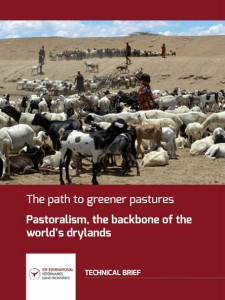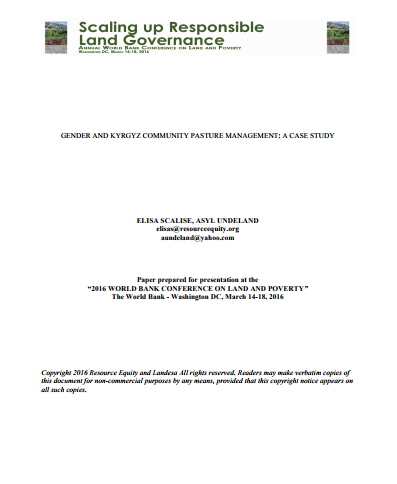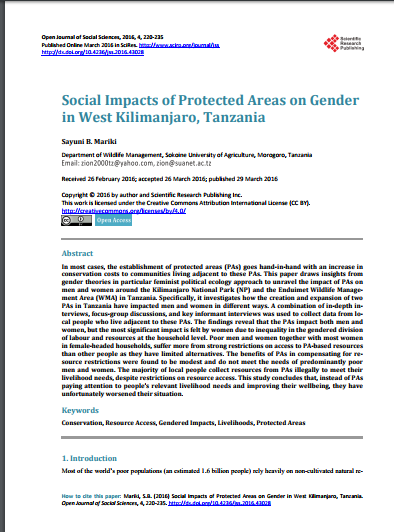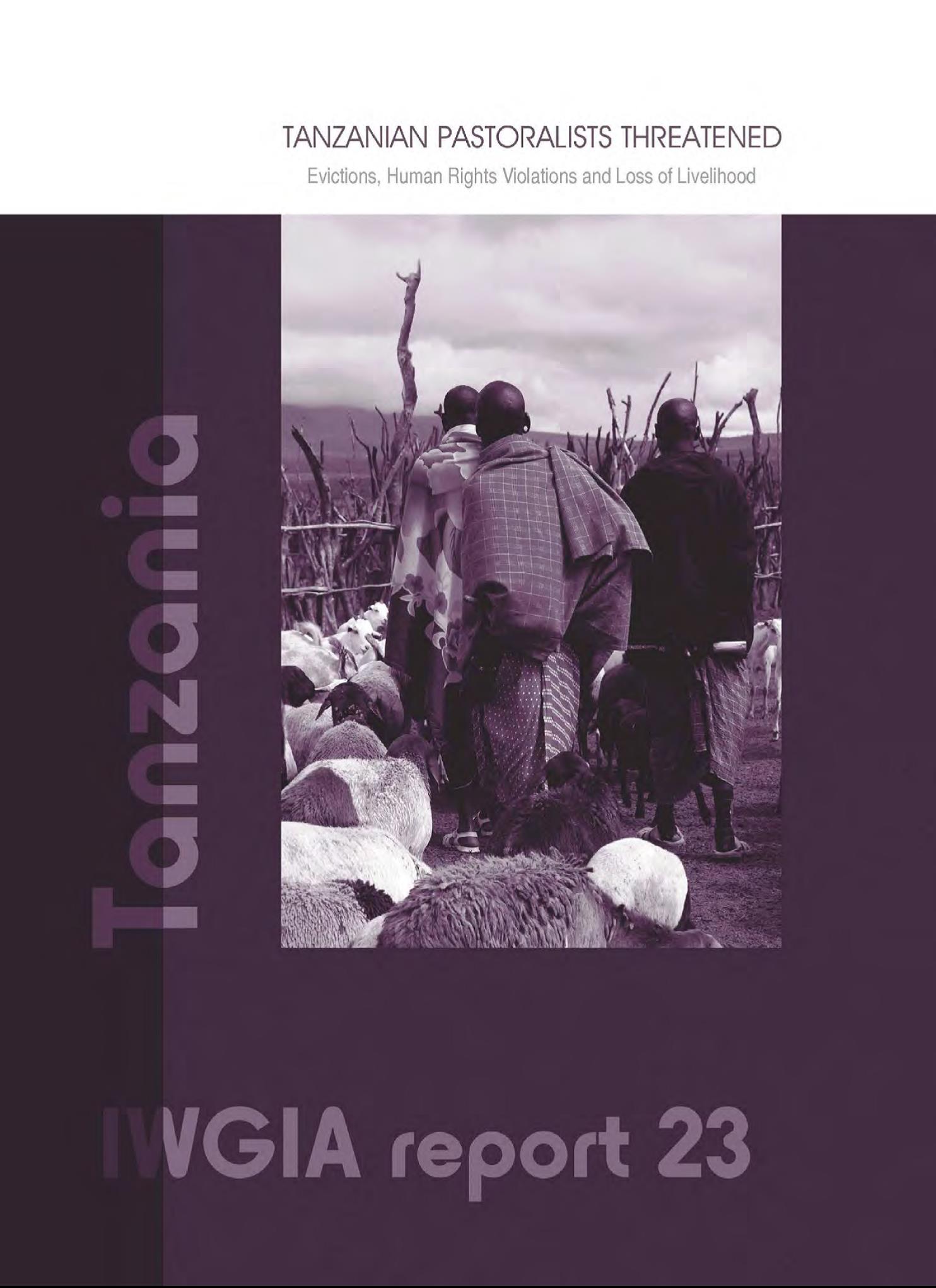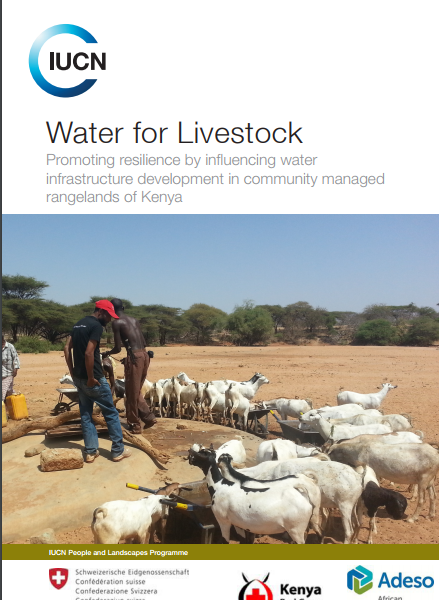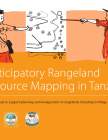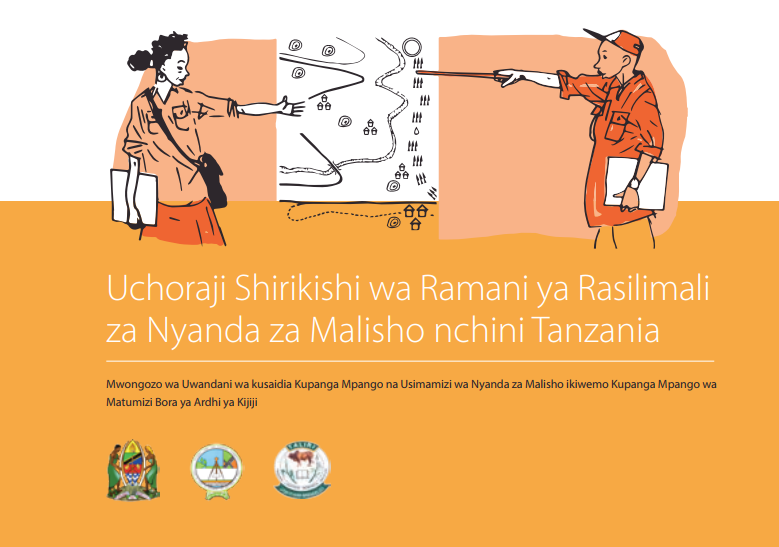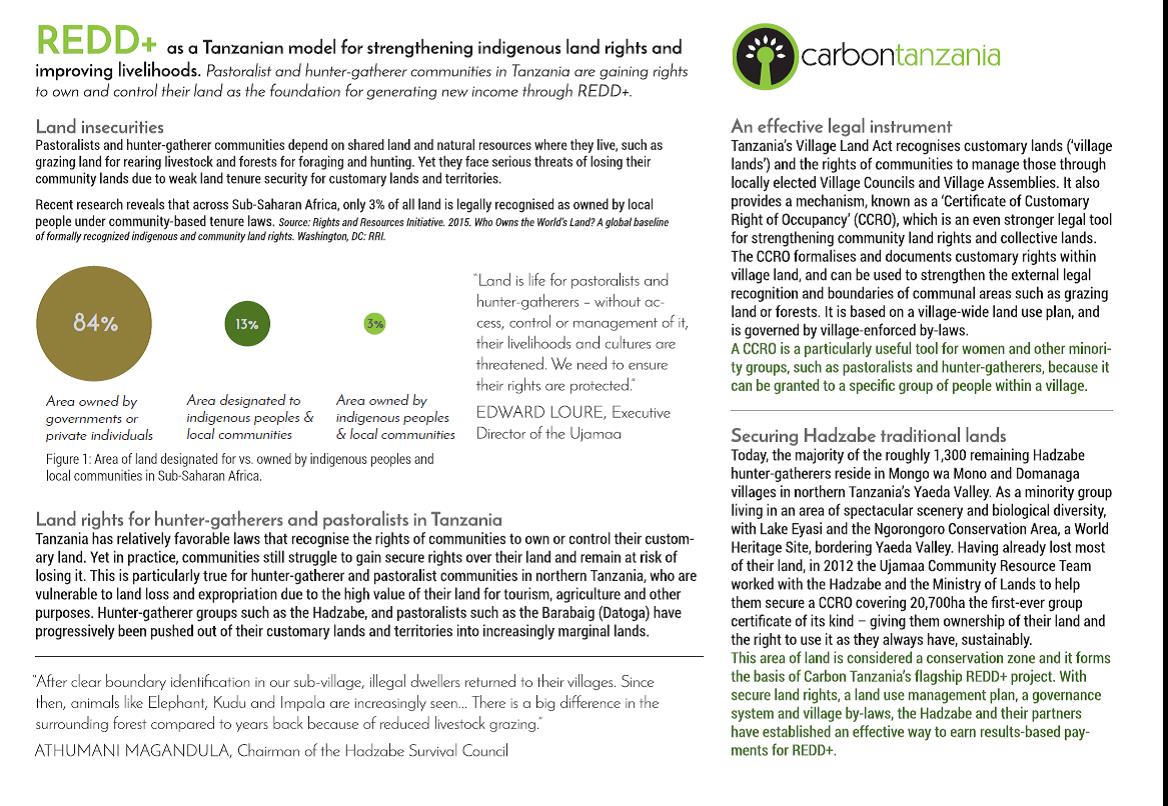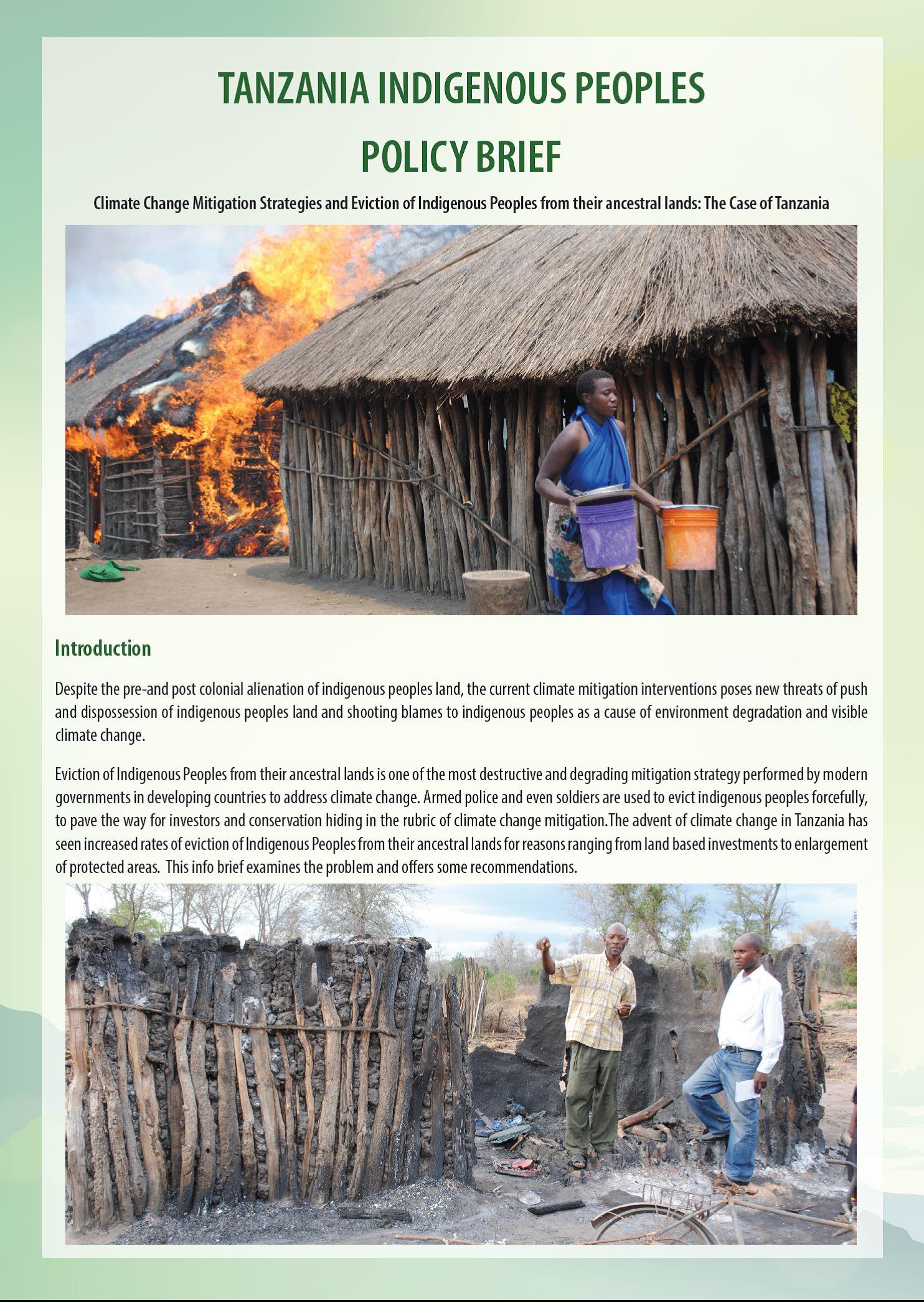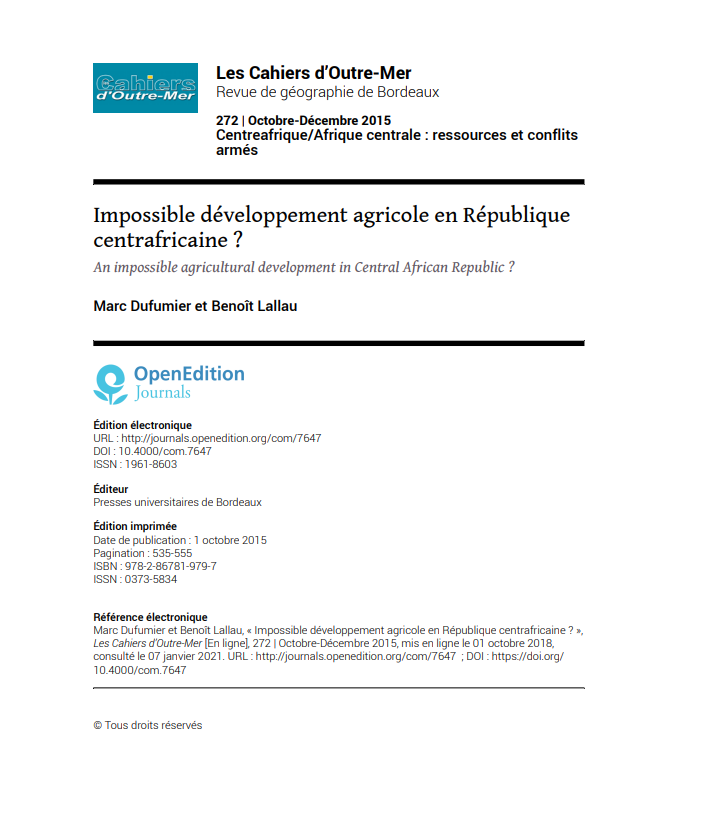The path to greener pastures. Pastoralism, the backbone of the world’s drylands
Pastoralism is a livelihood system based on free-grazing animals that is used by communities in marginal areas. The land may be marginal for various reasons, including poor water supply or soil quality, extreme tem - peratures, steep slopes and remote - ness. Pastoralism enables communi - ties to manage their resources in a sustainable, independent and flexible way.

